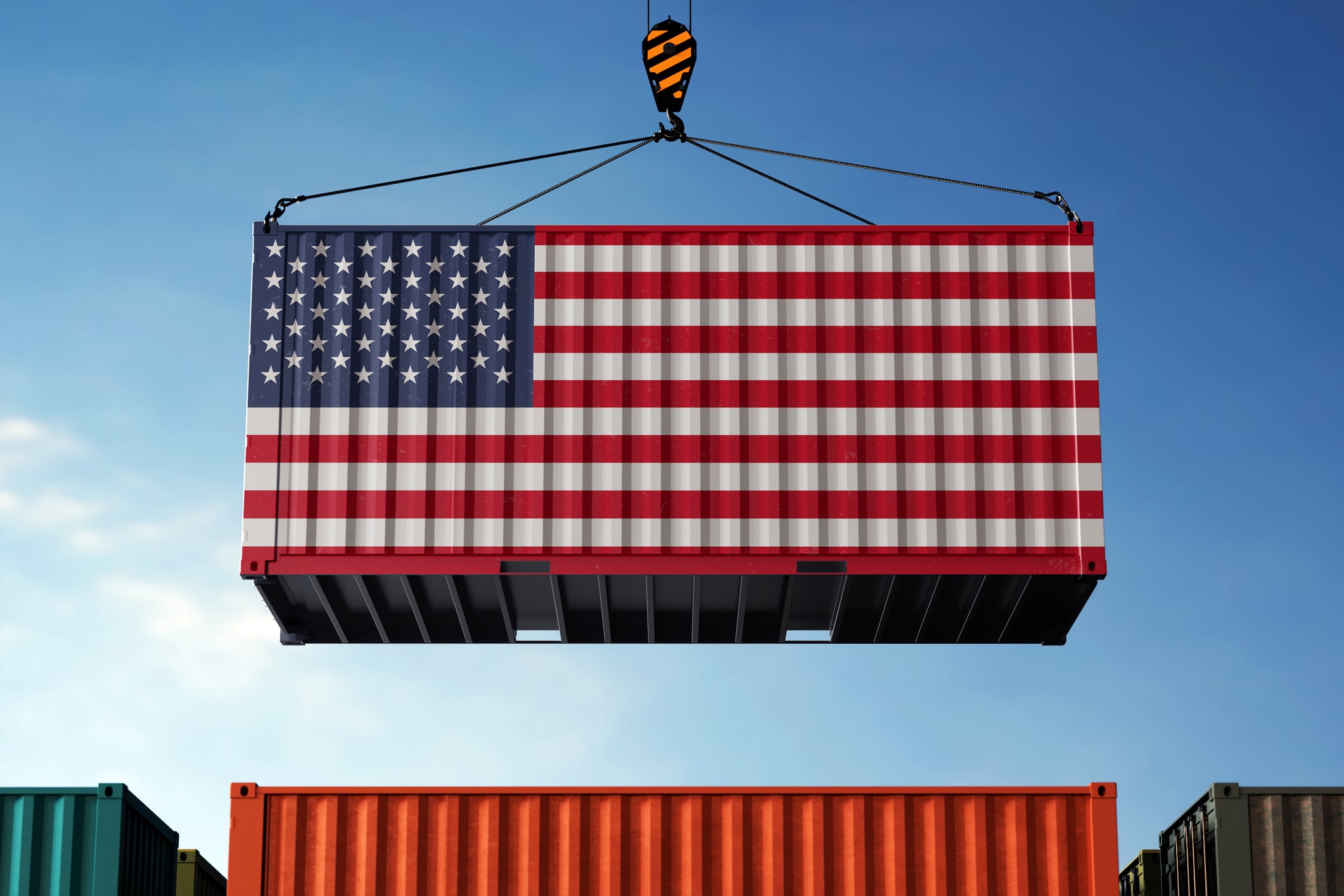Trump’s U-turn that delayed the enforcement of tariffs on Canada and Mexico, due to begin on 4 February, has sent shivers across the markets.
Since, analysts and industry insiders have raised questions about the market’s reaction, as well as Trump’s long-term game.
“It’s too early to say whether these tariffs will come into effect or, if they do, how long they will last,” says John Alty, senior adviser on trade at communications firm Pagefield.
How did Trump’s tariff threats hit trade?
Whether sabre-rattling or not, businesses perform best in stable environments and even talk of things like tariffs can cause financial problems.
“Businesses should be drawing-up or getting ready to activate contingency plans, either to strengthen their position in alternative markets or supply chains; increase activity in the US, where this makes sense; consider pricing policies; and engage with government so they are aware of the potential impacts,” advises Alty.
Now Canada and Mexico’s 25% tariffs have been kicked into the grass for a month, industry is poised to learn how Trump will treat the European Union.
Over the weekend, the US president said Europe would be hit with taxes, claiming there was a trade imbalance.
It isn’t known what he will target if a tariff is enforced, but “I would expect the EU to retaliate if tariffs are imposed,” says Alty.
How EU businesses can mitigate tariffs?
The EU would also be wise to seek actions they can take to forestall or remove tariffs, he says, advising that “after the first wave, we will have some evidence of how the tariff announcements have worked out in practice so it may be easier to negotiate”.
During his weekend of tariff waving, Trump also showed a willingness to be lenient with the UK. He said the country wasn’t in line with what he wanted trading wise, but it would be an easier relationship to fix than with the EU.
“I’d expect he would still be unhappy about UK car tariffs, for instance, and UK bans on certain agricultural products, both of which are similar to the EU regime,” says Alty.
“But the sheer difference in size of the UK and EU economies and thus the trade volumes mean that the UK will feature less prominently as a concern.”





